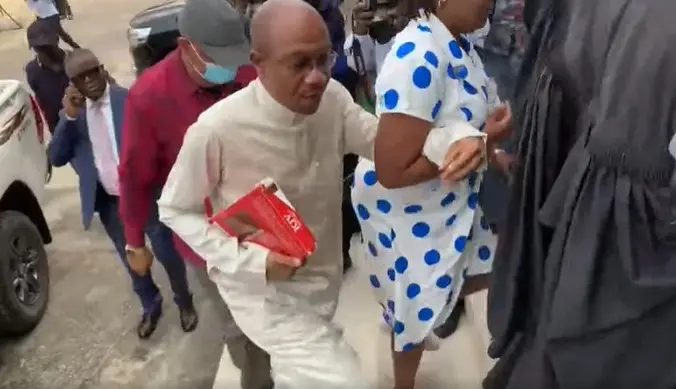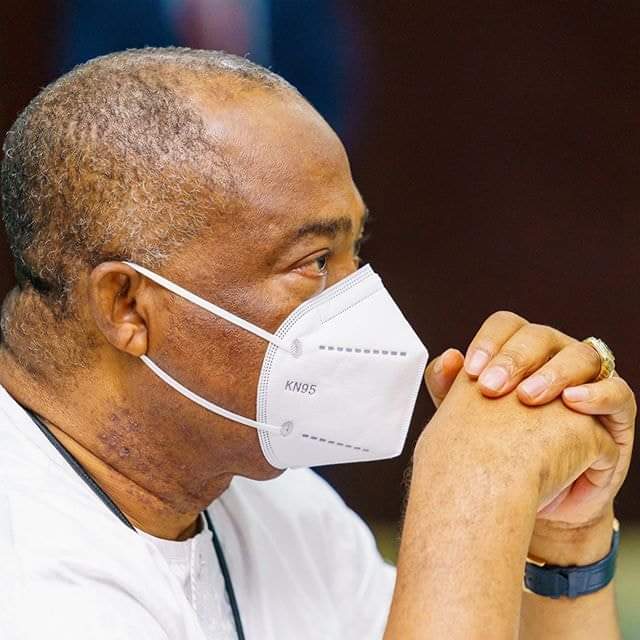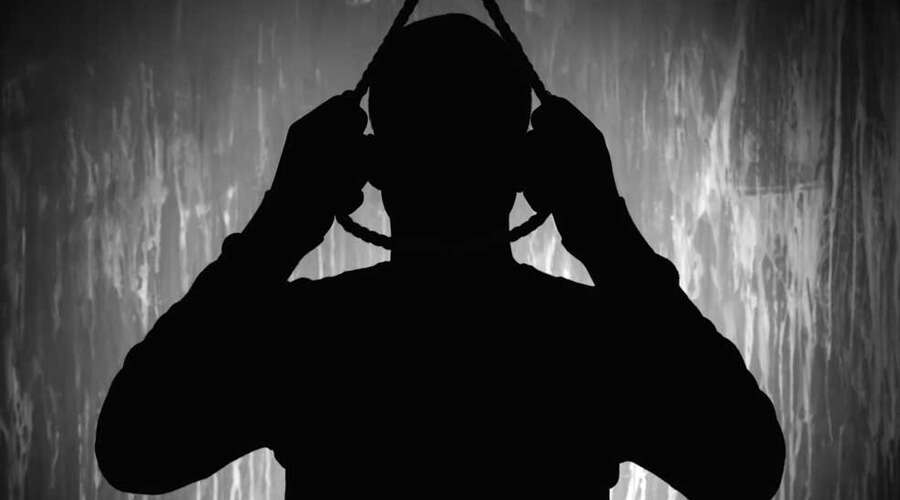A high court sitting in Ikeja, Lagos, has granted bail to former governor of the Central Bank of Nigeria (CBN), Godwin Emefiele, in the sum of N50 million.
In his ruling on the bail application on Friday, the judge, Rahmon Oshodi, admitted Emefiele on bail with two sureties in like sum.
Recall that Emefiele is facing trial in Lagos on a 26-count charge bordering on abuse of office.
Emefiele had ealier pleaded not guilty to a 26-count charge bordering on abuse of office brought against him by the Economic Financial Crimes Commission, EFCC.
The Lagos State Special Offences Court sitting in Ikeja on Monday remanded the former governor of the CBN in the custody of the EFCC, following his arraignment.
Justice Rahman Oshodi made the remand order after Emefiele and his co-defendants, Herry Omoile, pleaded not guilty to a 26-count charge bordering on abuse of office brought against them by the EFCC.
Emefiele had remained behind bars until today, Friday when the Judge granted his bail application.
The judge remanded Omoile in the custody of the Nigerian Correctional Services.
Before the court’s ruling, Emefiele’s lawyer Abdulakeem Ladi-Lawal had urged the court to admit his client to bail self-recognition or, on the most liberal terms.
The lawyer particularly urged the court to impose the same bail conditions earlier granted to the defendant by Justice Hamzat Muazu of the Federal Capital Territory High Court in Abuja and that he be released to his lawyers pending the perfection of the bail terms.
The EFCC lawyer, Rotimi Oyedepo, SAN, did not oppose the bail application but urged the judge to impose conditions that would compel the defendants to court for their trial.
The defendants were accused of accepting gratification, accepting gifts through agents, corruption, and fraudulent property receipts.
He was also accused of conferring a corrupt advantage on his associates contrary to the Corrupt Practices Act of 2000 in the charge filed on April 3rd by the EFCC Prosecutor, Rotimi Oyedepo, SAN.






